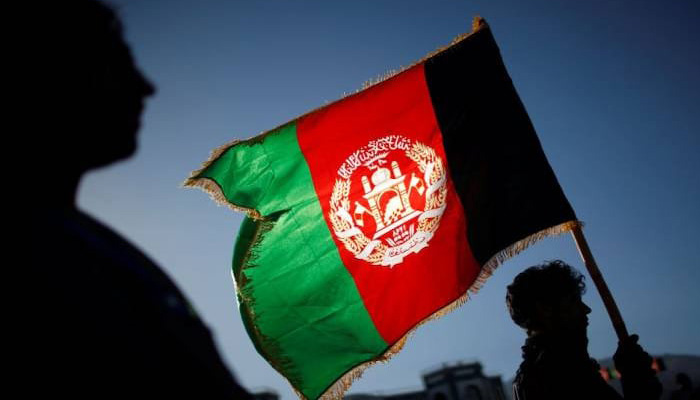TRENDING TAGS :
Focus now on getting to the intra-Afghan negotiations: Top US diplomat
The US is now focused on getting to the intra-Afghan negotiations, a top US diplomat has said, stressing that an agreement on the roadmap for a political settlement between the country's government and militant group Taliban is "most important" to bring peace in the war-torn nation.
Washington: The US is now focused on getting to the intra-Afghan negotiations, a top US diplomat has said, stressing that an agreement on the roadmap for a political settlement between the country's government and militant group Taliban is "most important" to bring peace in the war-torn nation.
Special US Representative for Afghan Reconciliation Zalmay Khalilzad made the remarks days after Afghan President Ashraf Ghani and his rival Abdullah Abdullah signed a power-sharing deal, paving the way for intra-Afghan negotiations to end the decades-old conflict in the country.
The deal was signed last month after a bitter dispute over the results of last year's presidential election that pushed the country into a political crisis. Ghani was sworn in as the Afghan president for a second term on March 9, but Abdullah also declared himself as the president by holding his own oath-taking ceremony the same day.
As per the deal, Ghani will stay as the president, while Abdullah will helm the High Council of National Reconciliation (HCNR) with executive authority and his team will have a 50 per cent share in the cabinet.
We're focused now on getting to the intra-Afghan negotiations, which is really the most important for Afghans to have peace is an agreement on a roadmap for a political settlement between the representatives of Afghanistan's Islamic Republic, an inclusive team that was established some weeks ago, and the Taliban, Khalilzad said on Monday.
In an interaction with reporters, Khalilzad said that the political crisis in Afghanistan that produced two presidential inaugurations, has now been resolved. The two leaders are working together on an agenda for peace.
We're beginning to discuss with them where the intra-Afghan negotiations will take place, when it will take place, what role will the international community play, and those are the kind of issues that we are focused on, he said.
We are in a good place. The road ahead will have challenges and difficulties, but we're optimistic that finally we are moving forward to the start of the intra-Afghan negotiations, Khalilzad said.
Not only we are trying to make sure that the remaining issues dealing with the prisoners release, which is that up to 5,000 prisoners have to be released by the government, and all the prisoners that the Talibs have must be released before intra-Afghan negotiations can begin, and that we are hoping that violence will stay low so with the release of prisoners we can begin the intra-Afghan negotiations about the future of Afghanistan and an end to the war in that country which has been going on for 40 years, he said.
Khalilzad said that the date and the location of the intra-Afghan negotiations have not been determined yet.
We are very much focused on right now among other issues regarding intra-Afghan negotiations, he said, adding that the government and the Taliban have to agree on those issues and others, including the location for talks.
There are several countries that have offered to host the negotiations, but two sides have to agree where, he said, noting that then there is also the issue of date which relates to the prisoners issue as well.
Reiterating that the US does not want Afghanistan to again become a platform for violence, Khalilzad said that if the Talibans do not deliver, the commitments that the US have made are also then subject to change.
The commitment is also not only with the Taliban but with the Afghan government as well, so all sides of Afghanistan, he said.
The US signed a landmark deal with the Taliban on Feb 29. As part of the agreement, the Taliban committed to prevent terrorism in Afghanistan and not show "bad faith" to talks, while America agreed to withdrawal of its 13,000 troops from the conflict-ridden nation, with an initial reduction of 8,600 in the next 3-4 months.
PTI



